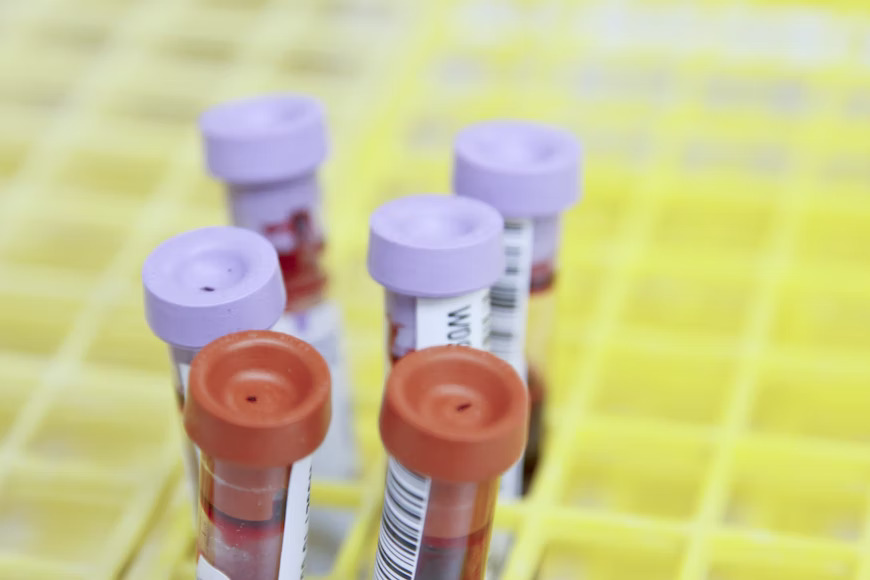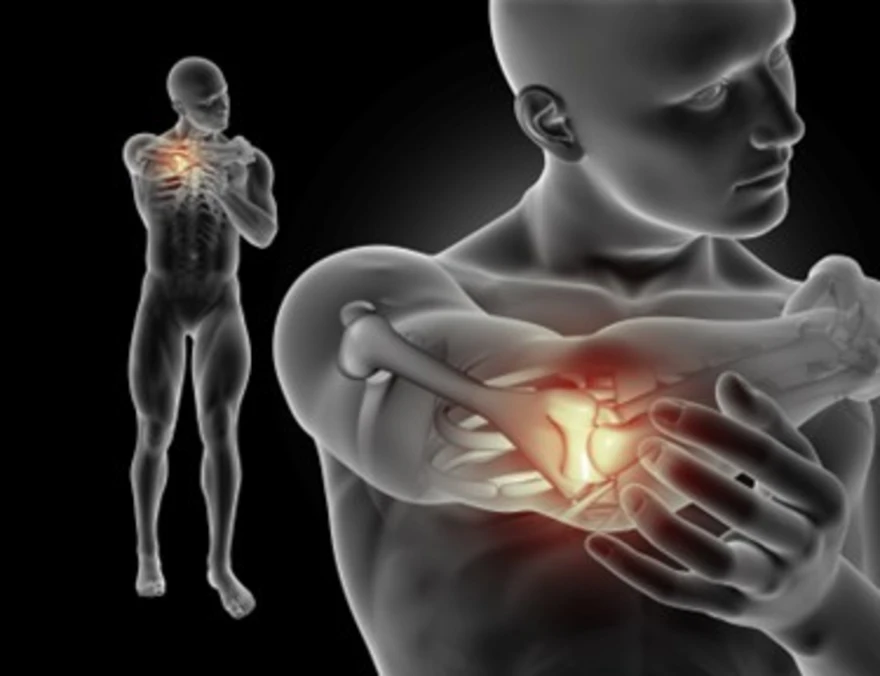Preventive Healthcare
Holotranscobalamin Vs Cyanocobalamin Testing

Table of Contents
Holotranscobalamin (holoTC) is a biologically active form of vitamin B12 that is bound to a protein called transcobalamin. It is essential for transporting and utilising vitamin B12 in the body.
Cyanocobalamin (CNC) is a synthetic form of vitamin B12 commonly used as a dietary supplement and in treating vitamin B12 deficiency. It is converted to active forms of vitamin B12 in the body, such as holoTC.
Testing for holoTC and CNC is vital because these forms of vitamin B12 have different roles in the body and can be affected by various conditions. Deficiencies or imbalances in these forms of vitamin B12 can have significant health consequences, including neurological and cardiovascular disorders. Accurate and appropriate testing can help to diagnose and monitor these conditions and guide treatment decisions.
Differences Between HoloTC and CNC
- Chemical structure: HoloTC and CNC have different chemical structures. HoloTC is a biologically active form of vitamin B12 that is bound to a protein called transcobalamin. CNC is a synthetic form of vitamin B12 that is not bound to a protein.
- Absorption and metabolism: HoloTC is absorbed by specific receptors on the cells of the small intestine, while CNC must be converted to the active forms of vitamin B12 in the body, such as holoTC, before it can be utilised. This conversion process can be impaired in certain individuals with gastrointestinal disorders or certain medications.
- Clinical implications: The differences in absorption and metabolism between holoTC and CNC can have clinical implications. For example, testing for holoTC may be more sensitive in detecting vitamin B12 deficiency, as it reflects the biologically active form of the vitamin that is available in the body. Additionally, imbalances in the levels of holoTC and CNC can have different clinical implications. For example, low levels of holoTC have been associated with neurological and cardiovascular disorders, while high levels of CNC have been associated with toxicity.
Testing for HoloTC and CNC
- Methods of testing: Several ways are available for testing holoTC and CNC levels in the body. These include blood tests and urine tests. Blood tests are the most commonly used method and can be ordered through a healthcare provider. Urine tests may be used in certain situations to monitor compliance with vitamin B12 supplementation.
- Normal ranges: The normal range for holoTC is generally considered to be 25-165 pmol/L. The normal range for CNC may vary depending on the testing method and the laboratory's reference range. In general, a normal range for CNC may be considered to be 200-900 ng/L. It is important to note that these ranges may vary slightly depending on the specific test and the laboratory performing the test. Additionally, normal ranges may not necessarily apply to all individuals and may be affected by factors such as age, sex, and underlying health conditions.
- Limitations of testing: There are several limitations to testing for holoTC and CNC. These include:
- Limited availability: HoloTC testing may not be widely available in all locations and may require special equipment and expertise.
- Interfering substances: Certain substances, such as certain medications or conditions, can interfere with the accuracy of the test results.
- Non-specificity: Both holoTC and CNC may be affected by a wide range of conditions, making it difficult to pinpoint the specific cause of abnormal test results.
- False-negative results: HoloTC and CNC levels can be low despite normal test results due to factors such as poor absorption or metabolism of the vitamin.
- False positive results: It is also possible for holoTC and CNC levels to be elevated despite normal test results due to factors such as interference or errors in the testing process.
Overall, it is important to interpret test results in the context of the individual patient and consider other factors that may affect the results. It may also be necessary to repeat testing or use different methods to confirm the diagnosis or monitor treatment.
Clinical Use of HoloTC and CNC Testing
- Diagnosis and monitoring of vitamin B12 deficiency: A comprehensive vitamin B12 test measuring holoTC and CNC can be used to diagnose and monitor vitamin B12 deficiency, which can cause a range of symptoms, including fatigue, weakness, neuropathy, and anaemia. Abnormal levels of holoTC and CNC may be used to guide treatment decisions, such as dietary supplements or injections of vitamin B12.
- Evaluation of neurological and cardiovascular disorders: HoloTC testing may be used to evaluate neurological and cardiovascular disorders, as low levels of holoTC have been associated with these conditions. Testing may be used to guide treatment decisions and monitor response to treatment.
- Other potential uses: There are other potential uses for holoTC and CNC testing, such as evaluating gastrointestinal disorders or the response to vitamin B12 supplementation in certain populations. However, more research is needed to fully understand the clinical utility of these tests in these situations.
Conclusion
Holotranscobalamin (holoTC) and cyanocobalamin (CNC) are different forms of vitamin B12 with distinct chemical structures, absorption and metabolism, and clinical implications. Testing for holoTC and CNC can be used to diagnose and monitor vitamin B12 deficiency, evaluate neurological and cardiovascular disorders, and potentially other conditions.
Accurate and appropriate testing for holoTC and CNC is crucial for optimal patient care, as abnormal levels of these forms of vitamin B12 can have significant health consequences. However, it is important to consider the limitations of testing and interpret results in the context of the patient.


























